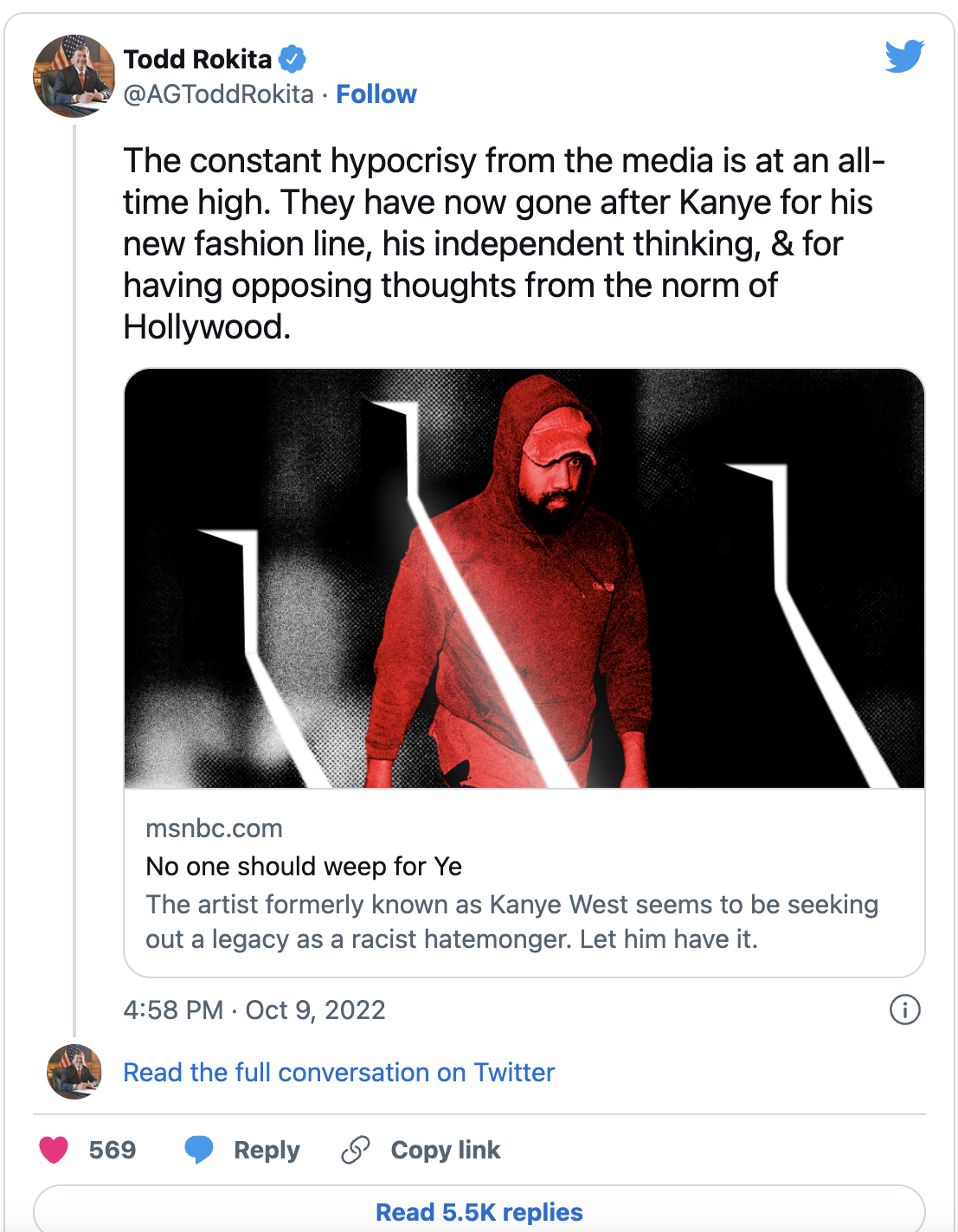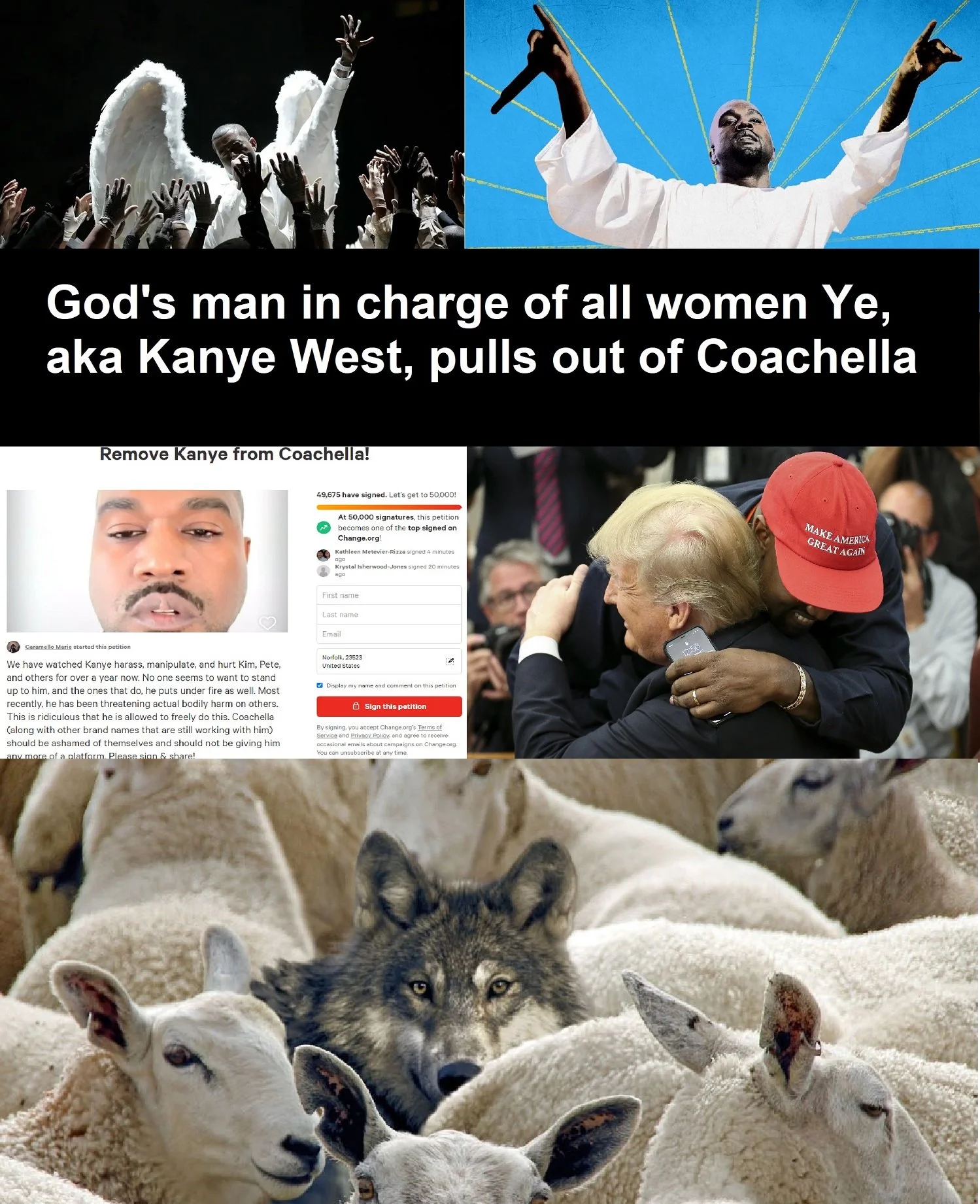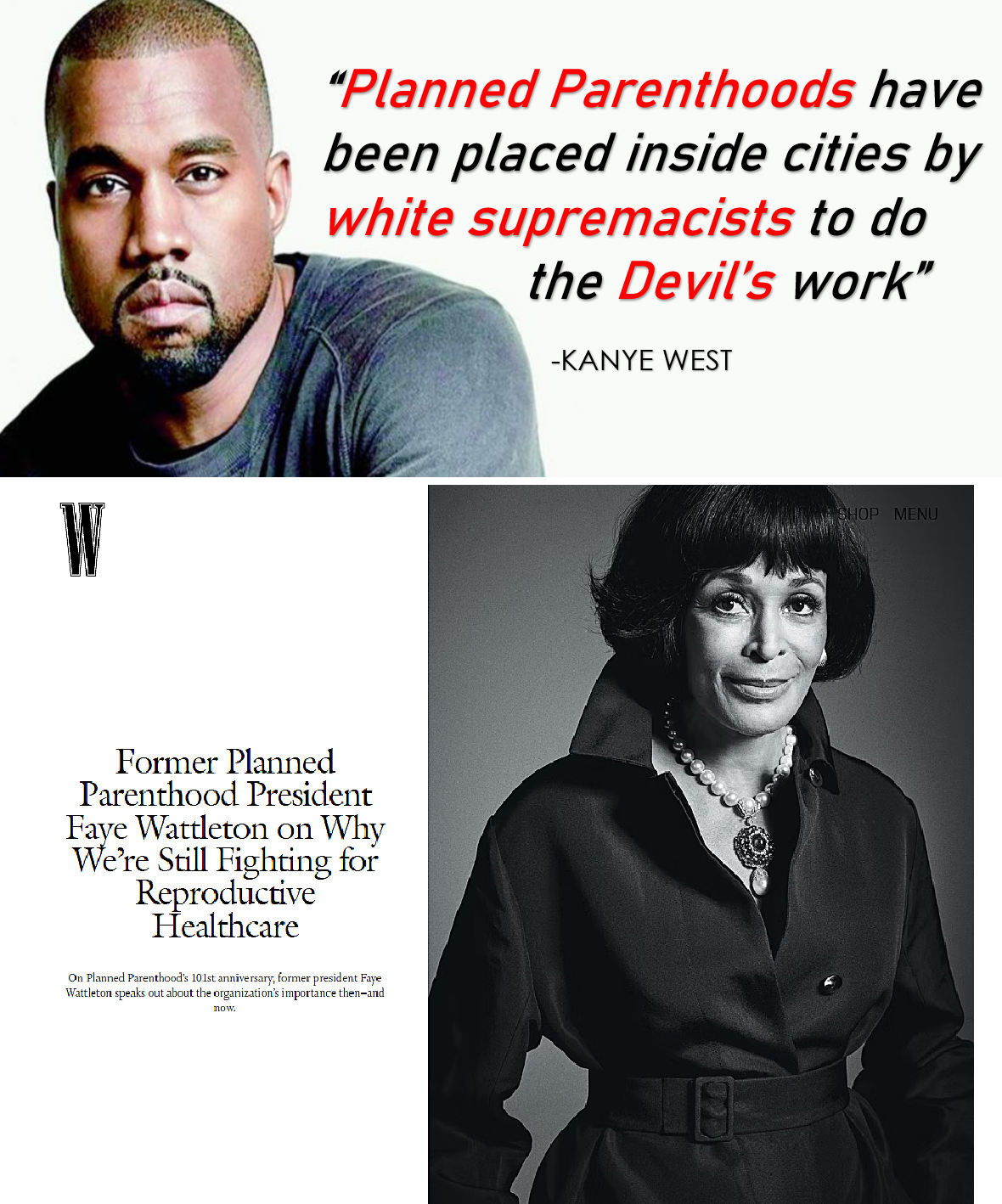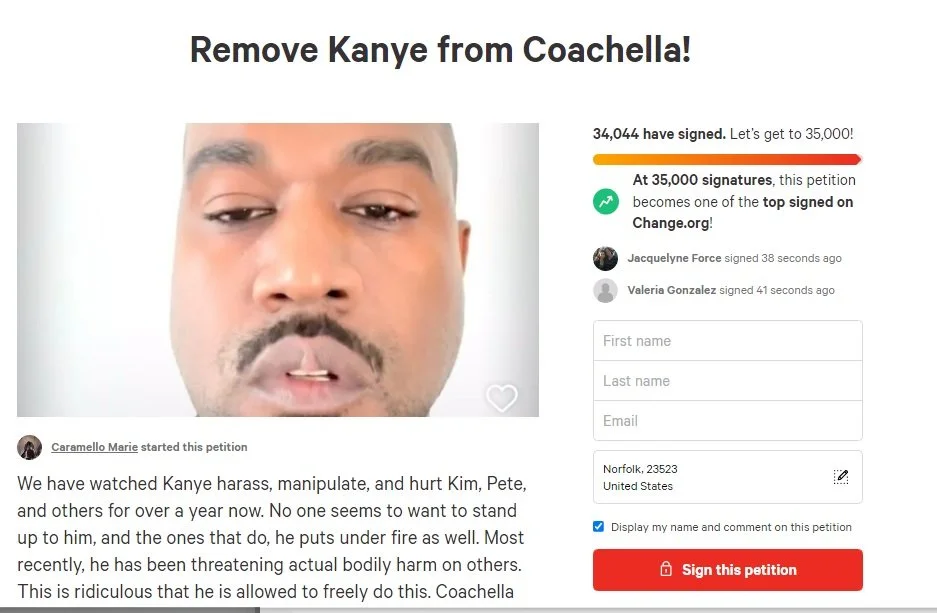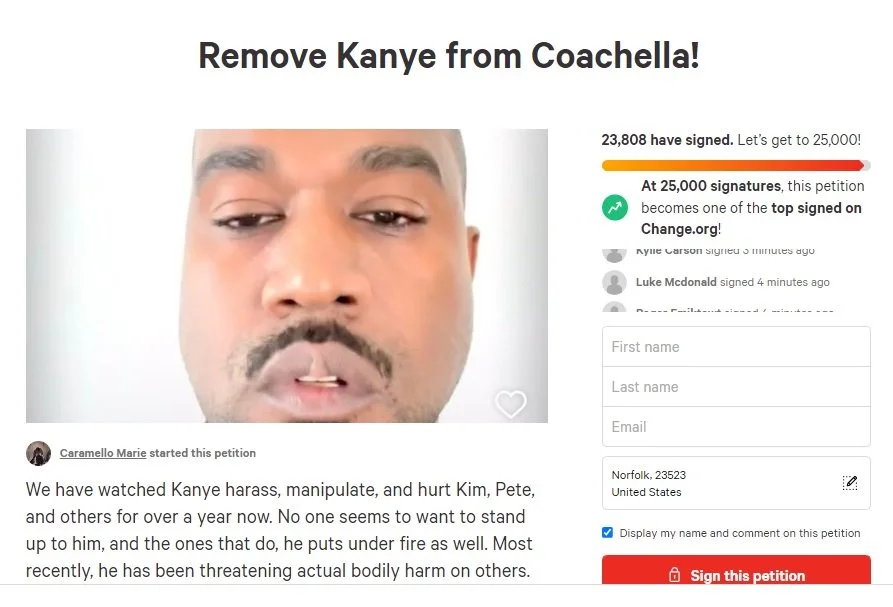Is Bernie Sanders Close To A Bernout? From A NH High To Nevade Low, The Campaign Faces A Tough 10 Days Ahead
/This Is The Date Bernie Sanders Berns Out The Daily Beast
Sanders, the self-professed anti-establishment candidate, has run on a platform that attacks income inequality, as well as promises to expand access to healthcare and college education. His message has attracted support from mostly white progressives who are convinced that Sanders is the best candidate to carry the Democratic banner in the fall campaign. For them, Clinton represents all that is wrong in Washington.
The problem for Sanders is that he has nowhere to grow. Black voters, who will dominate many of the coming primaries, have not responded to his message. Even black millennials, thought to be good prospects, are breaking in favor of Clinton. They are, it appears by the ballots cast in Nevada and polling in upcoming states, voting with their parents and grandparents. It must be said that Clinton won the Nevada black vote by a 3-to-1 margin and that crossed age and income. And despite what entrance polling data said in Nevada, according to analysis published by NBC News, she may have won Hispanics as well.
Bernie's South Carolina Problem Politico
In the first-in-the-West caucuses, African-Americans cast just 13 percent of the vote. In the upcoming first-in-the-South primary, they’re expected to cast nearly 60 percent of the Democratic primary vote. Then, several days later, comes a burst of Super Tuesday primaries where Sanders must run in nine states with higher black populations than Nevada.
Cornell Belcher, a Democratic pollster, laid out Sanders' quandary in direct terms.
"This is Bernie Sanders' problem: If you cannot compete for the black vote, you cannot be the Democratic nominee for president," Belcher said. “If Bernie Sanders can crack her black wall in South Carolina, it is real problematic for her moving forward because right now he's competing very strong for white progressive voters and certainly dominating certain segments of the electorate."
Why Bernie Sanders's campaign makes me worry about how he'll manage the White House VOX
My worry about Sanders, watching him in this campaign, is that he isn't very interested in learning the weak points in his ideas, that he hasn't surrounded himself with people who police the limits between what they wish were true and what the best evidence says is true, that he doesn't seek out counterarguments to his instincts, that he's attracted to strategies that align with his hopes for American politics rather than what we know about American politics. And these tendencies, if they persist, can turn good values into bad policies and an inspiring candidate into a bad president.
The reason I care about the puppies-and-rainbows promises of his single-payer proposal is that I think Sanders believes them — I don't think he's a cynical politician simply eliding the weaknesses of his plan. The reason I care about his campaign's circulation of fairly outlandish economic projections is that it makes me worry there's no one around Sanders with the sense to say that those results don't pass the smell test. The reason I'm frustrated by Sanders's promise that a political revolution will overcome all opposition to his plans is I think he believes it, and so I'm not sure he has a real plan B for when the political revolution doesn't happen. The reason Sanders's persistently superficial answers on foreign policy matter to me is that they're a test of his ability to learn on the fly about topics he's not terribly interested in.
In a democratic polity, wonks are the help. But that only underscores the importance of electing someone good at hiring and managing them. A President Sanders could hire excellent technocrats to help him make policy, but would he want to? A President Sanders could surround himself with experts who know the shortcomings of his ideas, but would he listen to them? A President Sanders could become deeply engaged on foreign policy, but would he decide to?
Hillary Clinton Headlines January 22, 2016
Bully of the Week: Voter Intimidation Squad Claims Hillary Wants to Steal Presidency The Daily Beast
Sanders once arged abolishing CIA Politico
Bernie's spring break blues Politico
Clyburn: Sanders' Education Plan Is A Disaster For Black Colleges BuzzFeed
Unions Say a Majority of Their Members Support Hillary Clinton New York Times
Democratic Primary Finds Black Feminists Conflicted NBC News












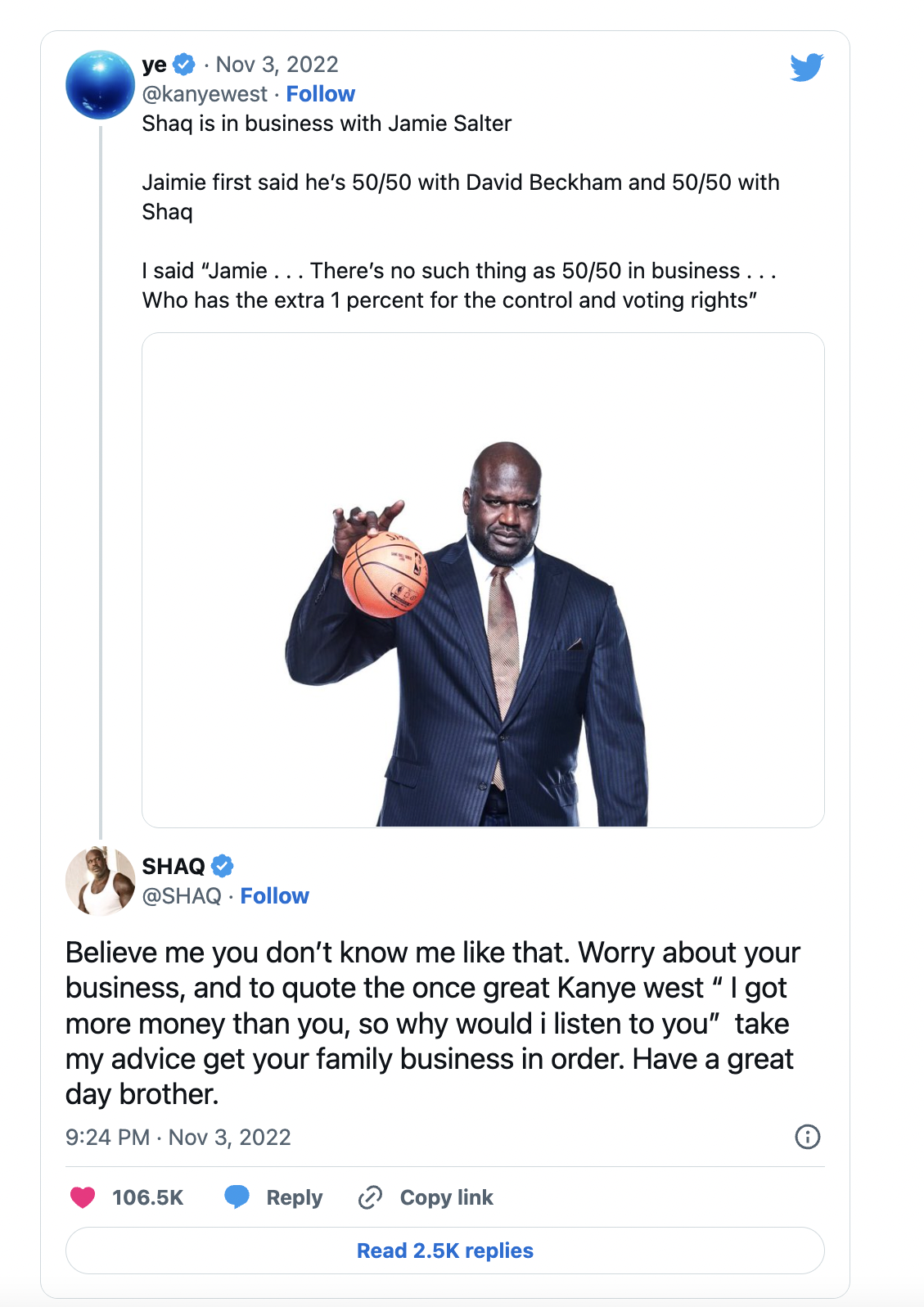










![Kanye West's [aka Ye] Refusal to Treat His Mental Illness Is No Excuse For His Anti-Semitism](https://images.squarespace-cdn.com/content/v1/55f45174e4b0fb5d95b07f39/1666238183530-4WVG9SNG88HTSKQ0WWDV/Is+Kanye-West-Running-Out-of-Platforms.png)
